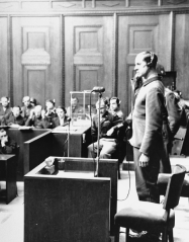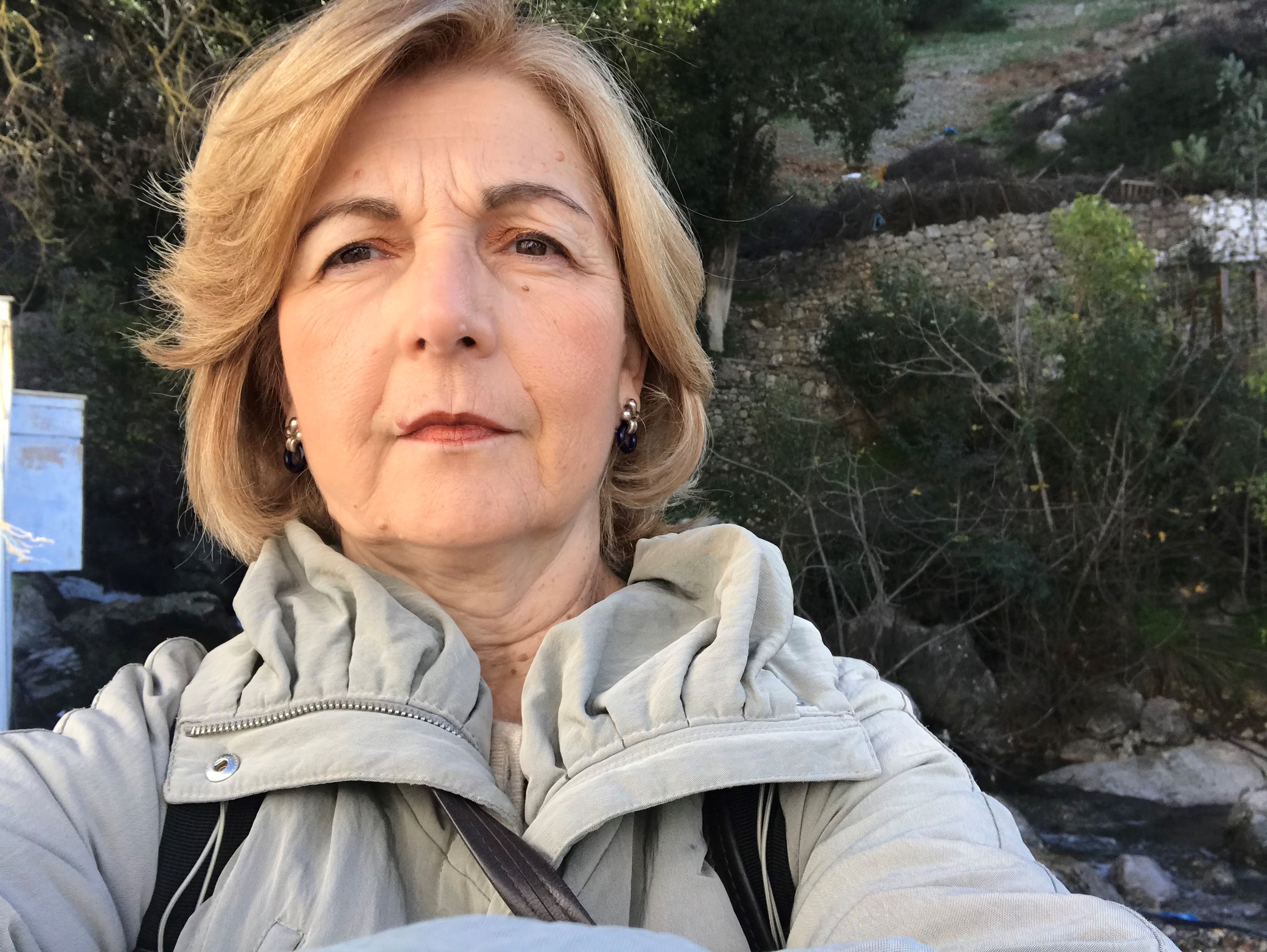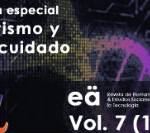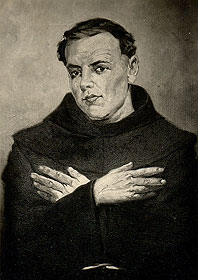March 2023

Florestan Fernandes (22 July 1920 – 10 August 1995) was a Brazilian sociologist and politician. He was also elected federal deputy twice. In his treatment of Marxism, he is known for presenting hybrid views that diverged from orthodox theory and from conventional leftist practical concessions. His name is closely associated with the modernization of sociological research in Brazil and Latin America. Source: Wikipedia; Photo: Jornal da USP
Between 1969 and 1972, the São Paulo sociologist Florestan Fernandes (1920-1995) contributed to some academic activities organized by the Latin American Institute of International Relations (Ilari), created by a well-known anti-communist foundation, the Congress for the Freedom of Culture (CLC), financed by the American Central Intelligence (CIA) with the aim of promoting anti-Communist cultural activities that competed with the Soviet influence on Western artists and intellectuals.
The period in question is a controversial topic in the literature on Florestan Fernandes. In the decades following the end of the 1964 military dictatorship, an essentially political view of his trajectory took shape, especially because of his role in the 1980s as a congressman and intellectual linked to the Workers’ Party (PT).
In the article Latin American sociology in the Cultural Cold War: Florestan Fernandes, Aldo Solari, and ILARI (História, Ciências, Saúde-Manguinhos, v. 29, n. 4, Oct/Dec 2022), João Marcelo Ehlert Maia, associate professor at The Center for Research and Documentation of Contemporary History of Brazil (CPDOC/FGV), investigates a little-known episode in the sociologist’s career, as well as in the history of Latin American sociology in general.
According to the researcher, this episode highlights Fernandes’s attitudes towards his own social science project and the way ILARI engaged with the social sciences in the region.
Sociology in HCS-Manguinhos:
Maia, J. M. E.. (2022). A sociologia latino-americana na Guerra Fria Cultural: Florestan Fernandes, Aldo Solari e o Ilari. História, Ciências, Saúde-manguinhos, 29(Hist. cienc. saude-Manguinhos, 2022 29(4)), 915–932. https://doi.org/10.1590/S0104-59702022000400003
Psychoanalysis and the sociology of consumption in 1960s Italy The article argues that one of the areas where psychoanalytic theory disseminated was the world of marketing and the sociology of consumption.
The history of sociology as a field of research João Marcelo Ehlert Maia (Fundação Getúlio Vargas) presents the dialog between scholars of the so called Brazilian social thought and historians of sociology.











